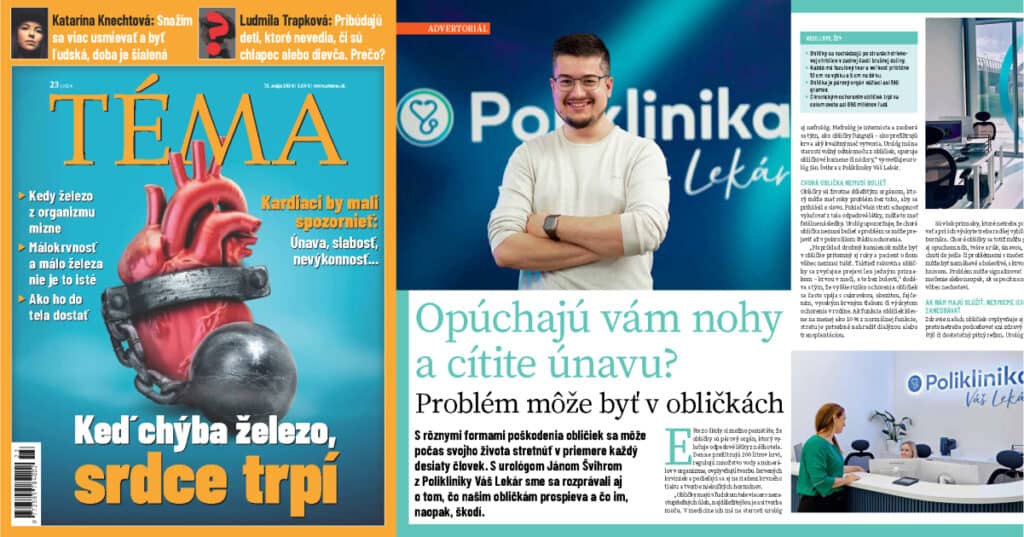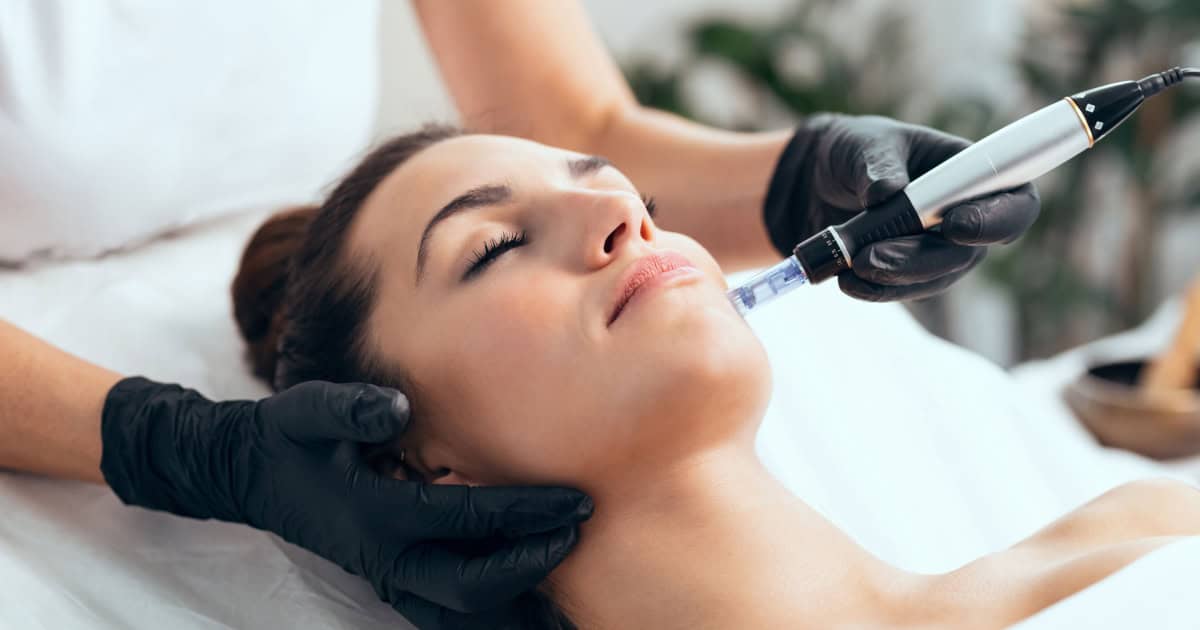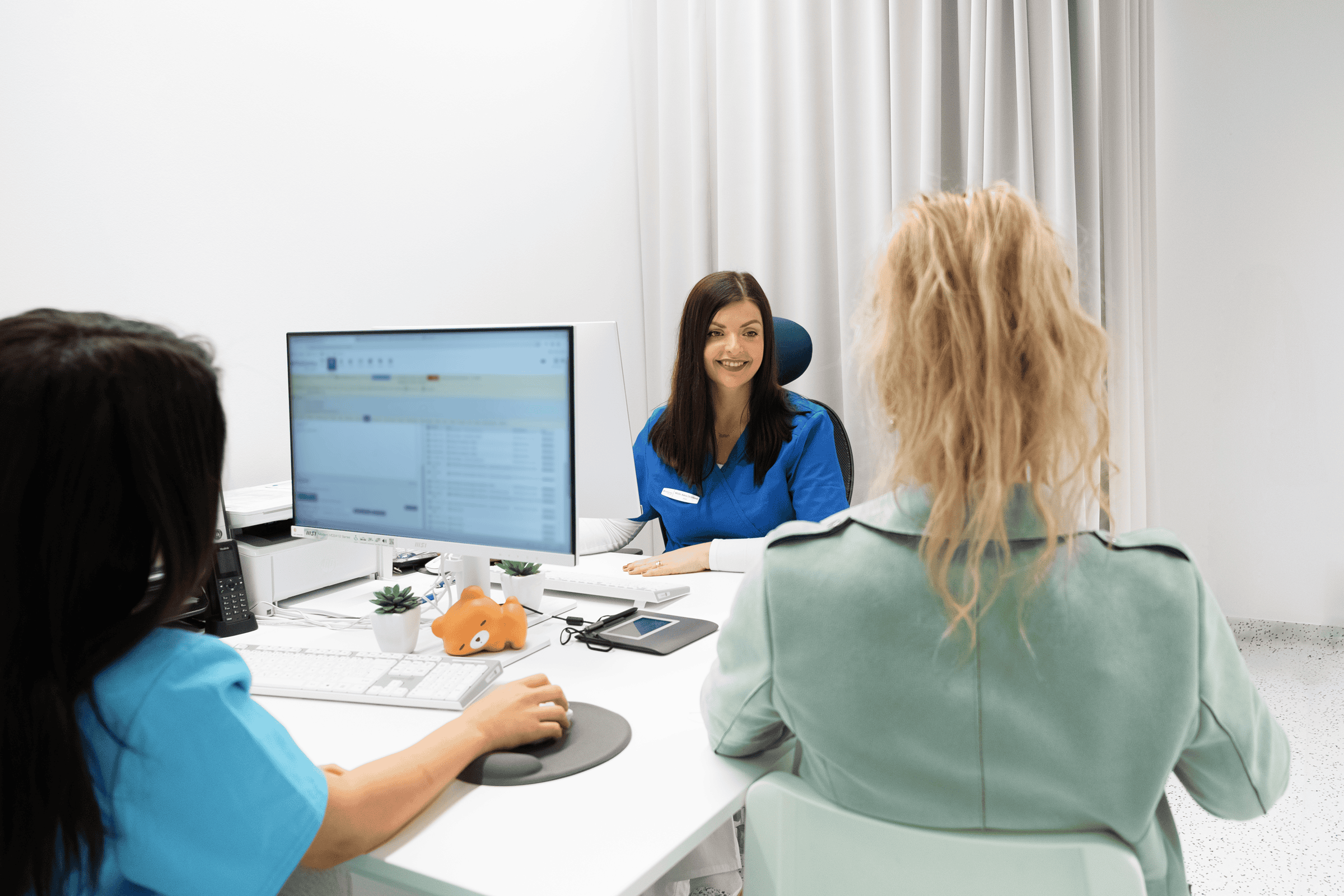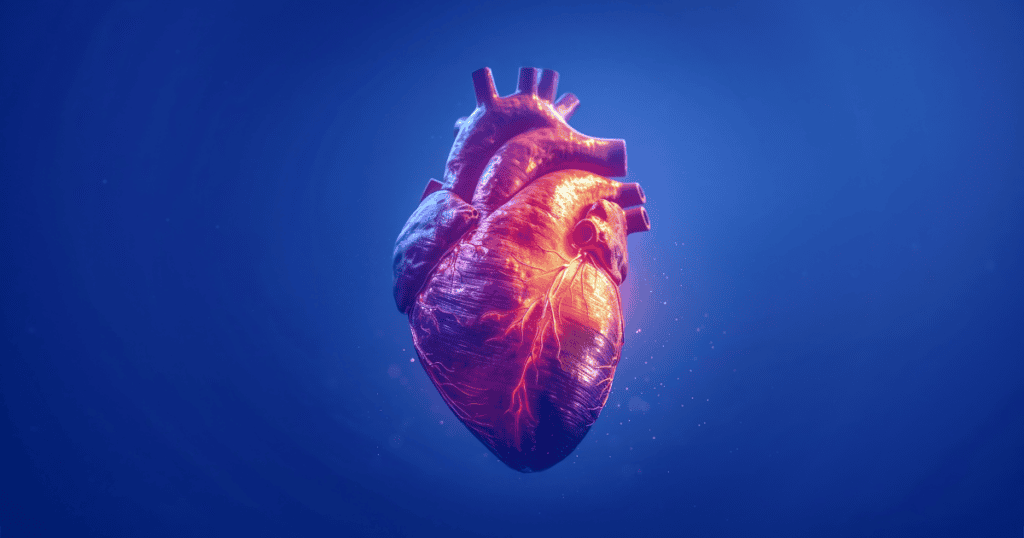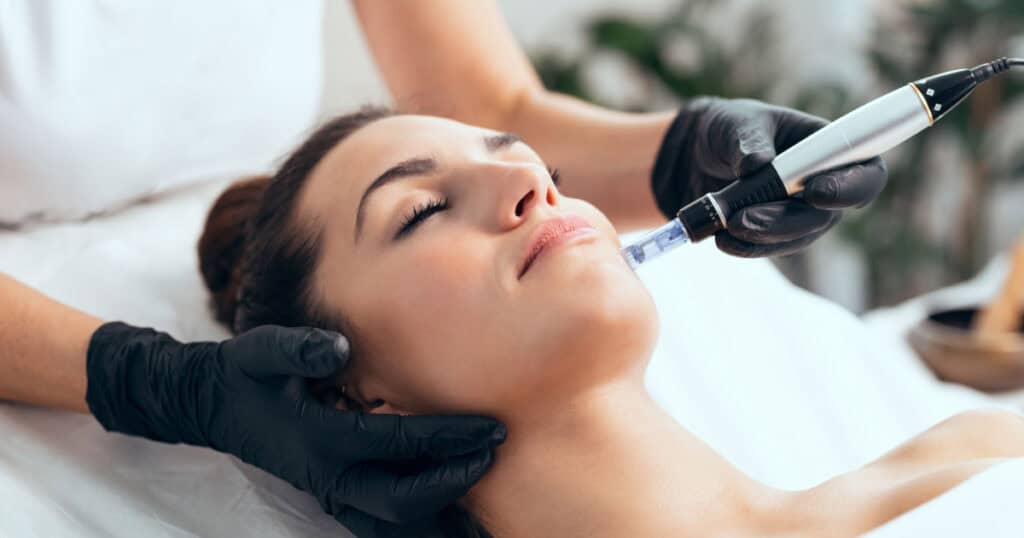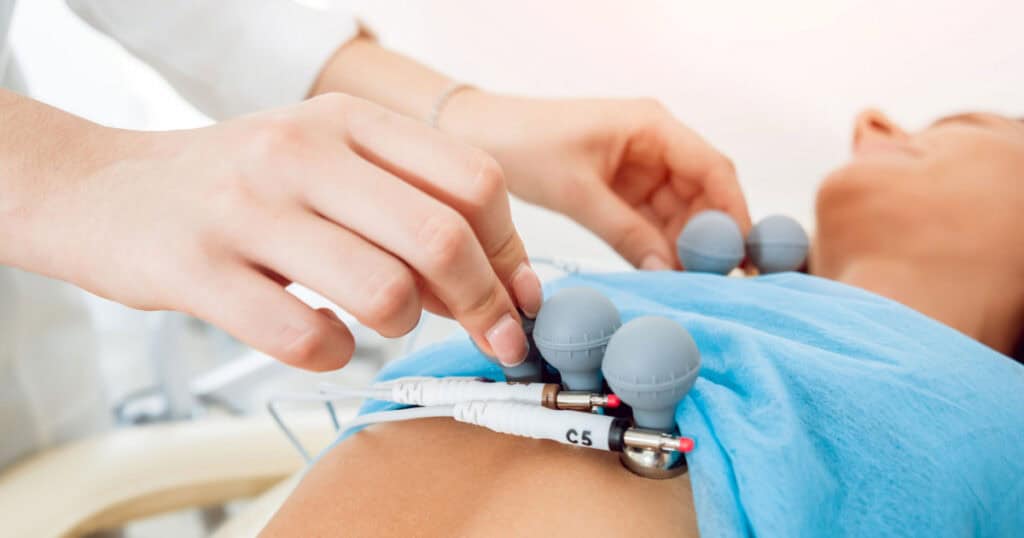You may still remember from school that the kidneys are a paired organ that excretes waste products from our body. They filter 200 litres of blood a day, regulate the amount of water and minerals in the body, influence the production of red blood cells, and are also involved in the control of blood pressure and the production of several hormones. “The kidneys have a number of irreplaceable roles in the human body, the most important of which is probably the production of urine. In medicine, they are in charge of both the urologist and the nephrologist. A nephrologist is an internist and is concerned with how the kidneys work – how they filter blood and what quality urine they produce. The urologist is responsible for the free outflow of urine from the kidneys, and operates on kidney stones or tumours,” explains urologist Ján Švihra from the Váš Lekár Polyclinic.
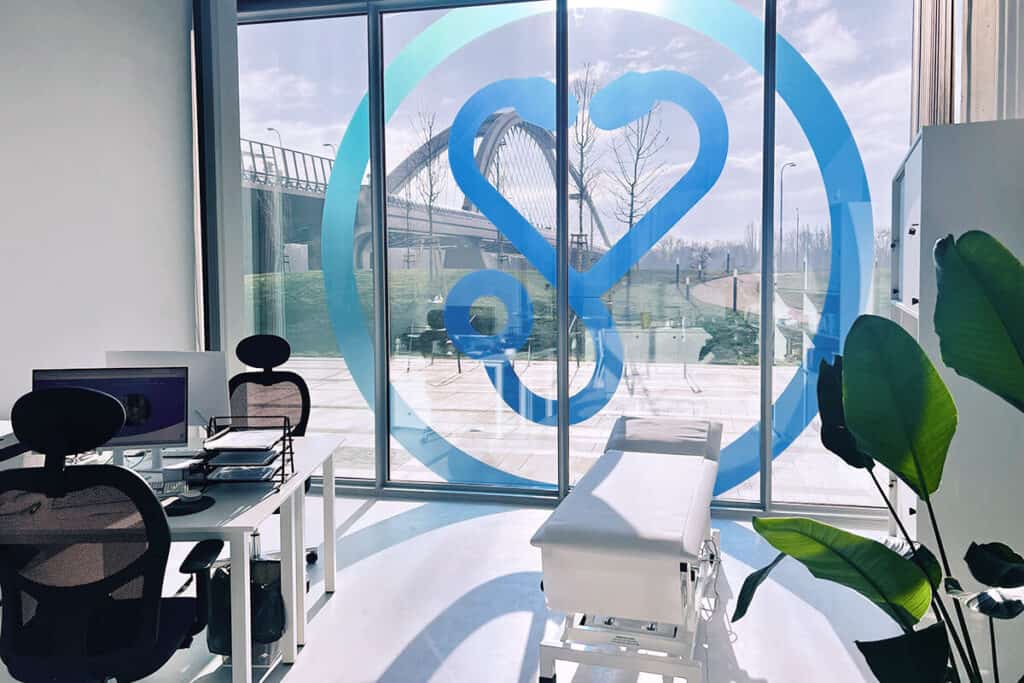
A sick kidney doesn’t have to hurt
The kidneys are a vital organ that can go years without having a say. However, if it loses its ability to excrete waste substances from the body, this can have fatal consequences. The urologist warns that a diseased kidney may not hurt and the problem may only manifest itself at an advanced stage of the disease.
“For example, a small stone can be present in the kidney for years and the patient may not even know about it. Also, kidney cancer usually shows only one symptom – blood in the urine, without pain,” he says, adding that a higher risk of kidney disease is often associated with diabetes, obesity, smoking, high blood pressure or a family history of the disease. If kidney function drops to less than 10% of normal function, the loss must be replaced by dialysis or transplantation.
However, there are some symptoms that should not be underestimated and it is better to seek professional advice when they occur. Sick kidneys can also present with swelling of the legs, face and hands, fatigue, loss of appetite or problems with urination – this can be straining and painful, with blood or pus. Frequent urination can also signal a problem, or vice versa, if the sensation to urinate does not occur at all.
If they are to serve us, we must not neglect them
The health of our kidneys is also influenced by our diet, so a healthy lifestyle or sufficient drinking regime should not be underestimated. The urologist even reminds that the composition of the diet has a direct impact on the composition of urine.
“Healthy kidneys can cope with all the components of a normal diet. However, the situation is different, for example, in the case of kidney stones. A diet rich in animal protein, but also a vegan diet or too much consumption of nuts, leads to increased kidney stone formation. It is the excessive consumption of animal proteins, fried foods or foods rich in sugar that leads to an undesirable change in urine pH,” explains Švihra.

Prevention reveals problems
But how to detect a kidney problem when it may be hidden for a long time? Damage is often only confirmed by a blood or urine test. The urologist therefore reminds us that it is necessary to go to the doctor preventively, not only when something hurts. And even if pain does occur, it should not be alleviated by over-the-counter medicines alone, but rather by seeking professional help. Ignoring the symptoms can lead to permanent kidney damage.
A thorough and comprehensive preventive examination, which will detect problems in time, can also be carried out at the Váš Lekár Polyclinic. In addition, the outpatient urology clinic focuses on the diagnosis, treatment and care of diseases and problems with the urinary tract in men and women, as well as on the care of the male genital organs. The outpatient clinic carries out diagnosis and treatment of various acute and chronic conditions related to: kidneys, urinary tract, bladder, prostate, testicles and other parts of the male genital system.
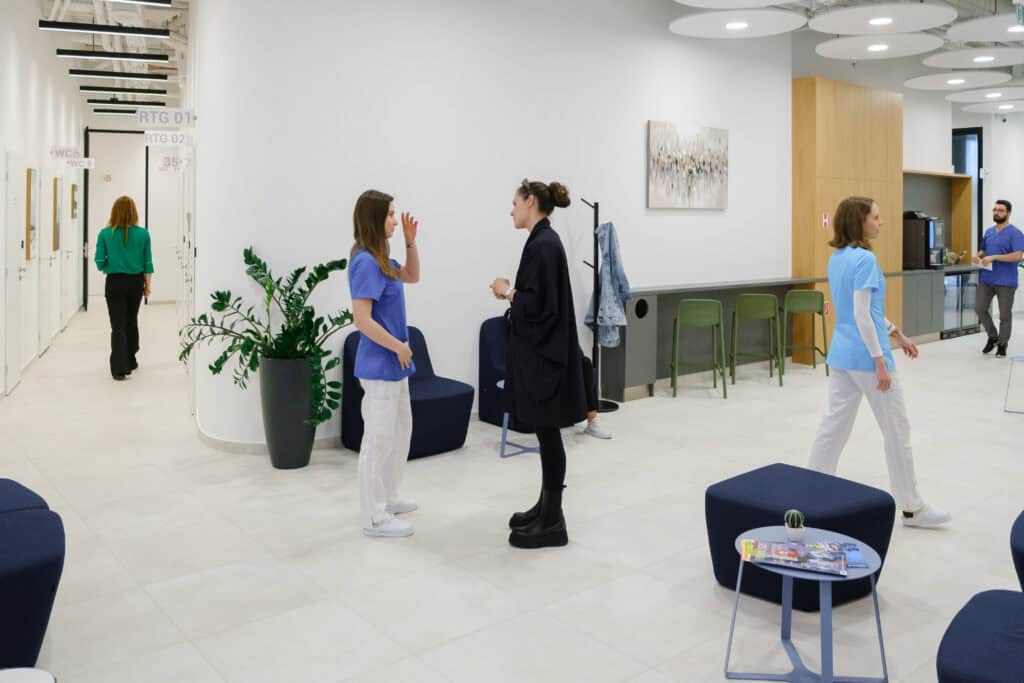
Did you know that?
- The kidneys are located on the sides of the cervical spine in the posterior part of the abdominal cavity.
- The kidney is a paired organ weighing about 160 grams.
- Each is bean-shaped and approximately 12 cm in height and 6 cm in width.
- The right kidney tends to be smaller and lower than the left.
- Approximately 850 million people worldwide suffer from chronic kidney disease.
The original article can be found in Topic magazine issue 23/2024.
